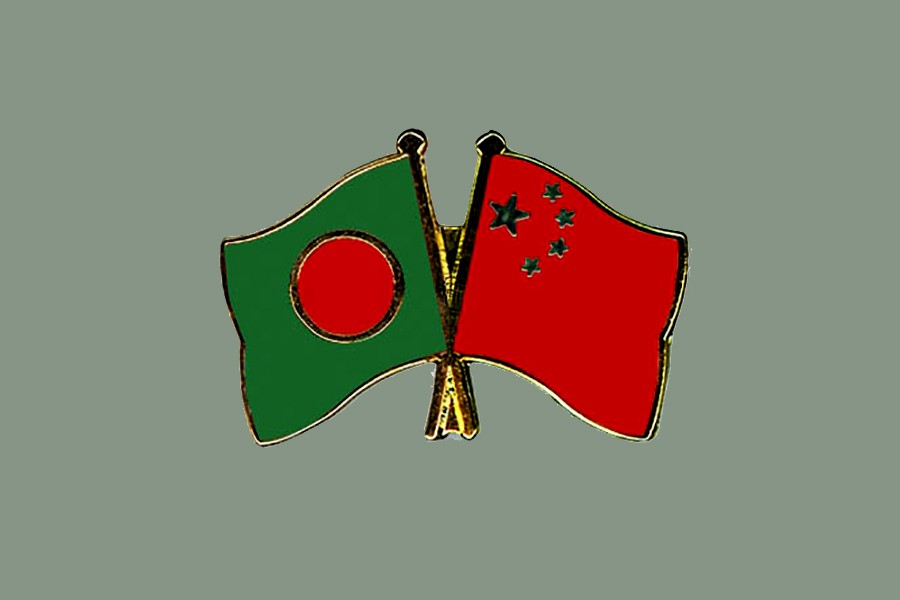
Published :
Updated :

The government is now contemplating free trade agreement (FTA) with China. A team of officials recently visited China for consultation in this regard. It is said that Bangladesh also wants to invite Chinese investment in a bigger way. Investment will flow if there is prospect for good return.
China proposed FTA with Bangladesh long ago, but there was no immediate response from the latter. Business circles are not enthusiastic about this proposal. They argue that if there is FTA with China, Chinese products will seriously damage prospects of local industry. The local market is already flooded by Chinese products. At the same time Bangladesh's garment, leather, plastic and pharmaceutical products are making progress.
Chinese foreign minister during his recent visit to Dhaka proposed to sign FTA to reduce bilateral trade imbalance. Annual bilateral trade between Bangladesh and China stands at $8,000 million, of which Bangladesh's export is only $740 million. Bangladesh's export items for Chinese market include readymade garment, frozen food, tea, leather, agricultural and jute products.
In order to reduce huge trade gap, export-oriented investment is needed by Bangladesh so that new products can be exported to China. China is interested in relocating their high-cost factories to Bangladesh.
Some argued that FTA is normally signed between countries with complementarities, which is not the case with Bangladesh and China. In that since Bangladesh does not appear to be a country suitable for FTA with China.
In fact the proposed FTA needs to be a comprehensive one. China has already agreed to relocate some factories to Bangladesh since their overall cost of production has increased. After producing goods in Bangladesh, China will take back those for their domestic consumption. This may be a basis for FTA with China.
Bangladesh is now enjoying some duty benefit in the Chinese market as a least developed country. But this will disappear as soon as it becomes a developing country. It is estimated that FTA study and negotiations will take at least five years. Bangladesh need expert consultants for the study and negotiation. Bangladesh trade officials have to be assisted for such an exercise. FTA will come into effect after Bangladesh graduates to the developing country status. It is expected that Chinese investment to Bangladesh will increase manifold once the FTA is signed.
Bangladesh and China inked a memorandum of understanding for conducting the study when Chinese President Xi Jinping visited Dhaka in October 2016. There is no problem in exploring the FTA possibility with China. But reexport from Chinese investment has to be massive in order to match Chinese exports. The key issue here is reexport to China from Bangladesh. Relocation from China should not be the only criteria. There has to be fresh investment to exploit the potential of Bangladesh.
Bangladesh and China are unequal partners. There must be enabling measures for making FTA functional. China will have to be generous for making FTA between the two countries workable. Capacity building in Bangladesh has to be given top priority.
Syed Jamaluddin is an economist and columnist.
jamaluddinsyed23@yahoo.com.au


 For all latest news, follow The Financial Express Google News channel.
For all latest news, follow The Financial Express Google News channel.